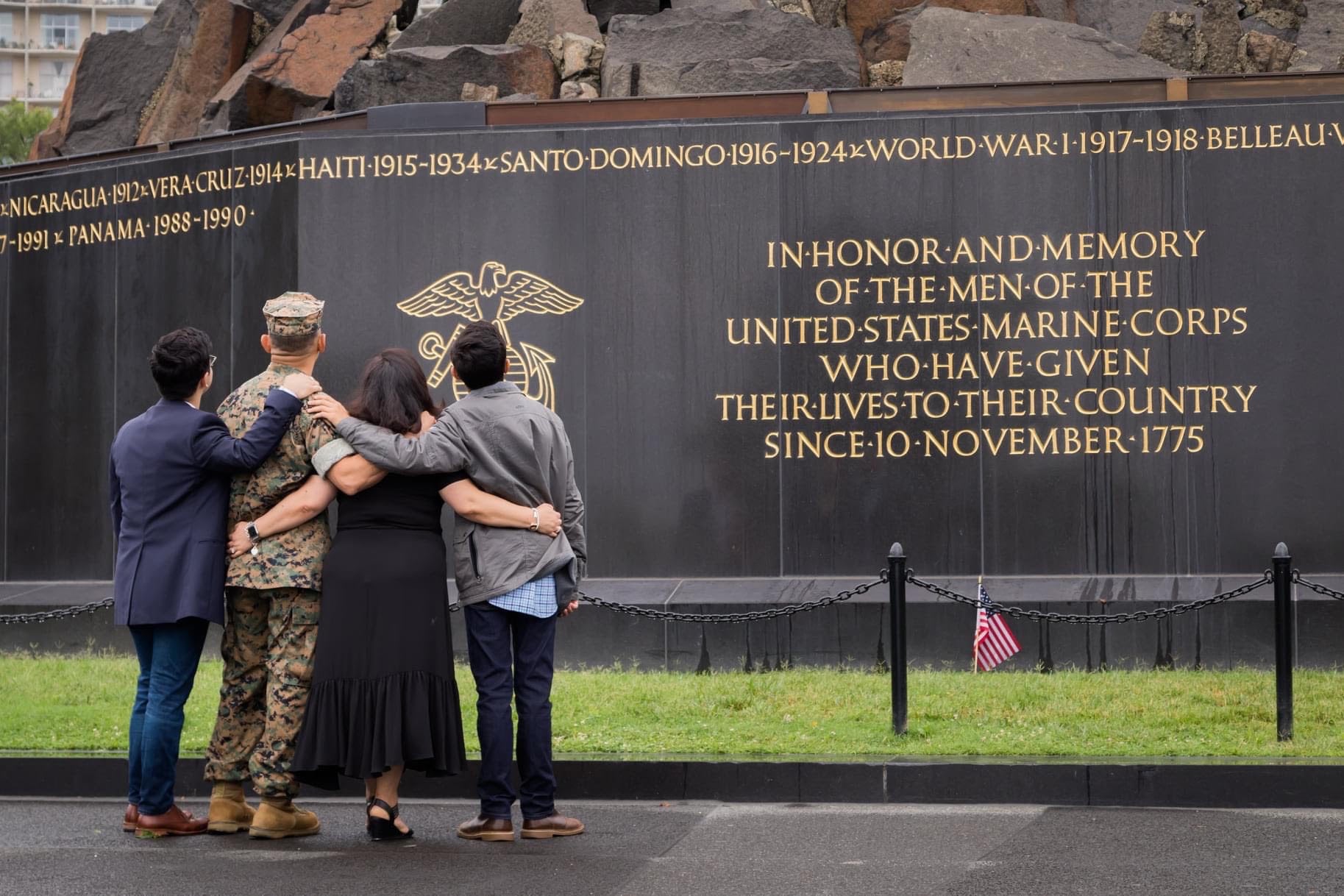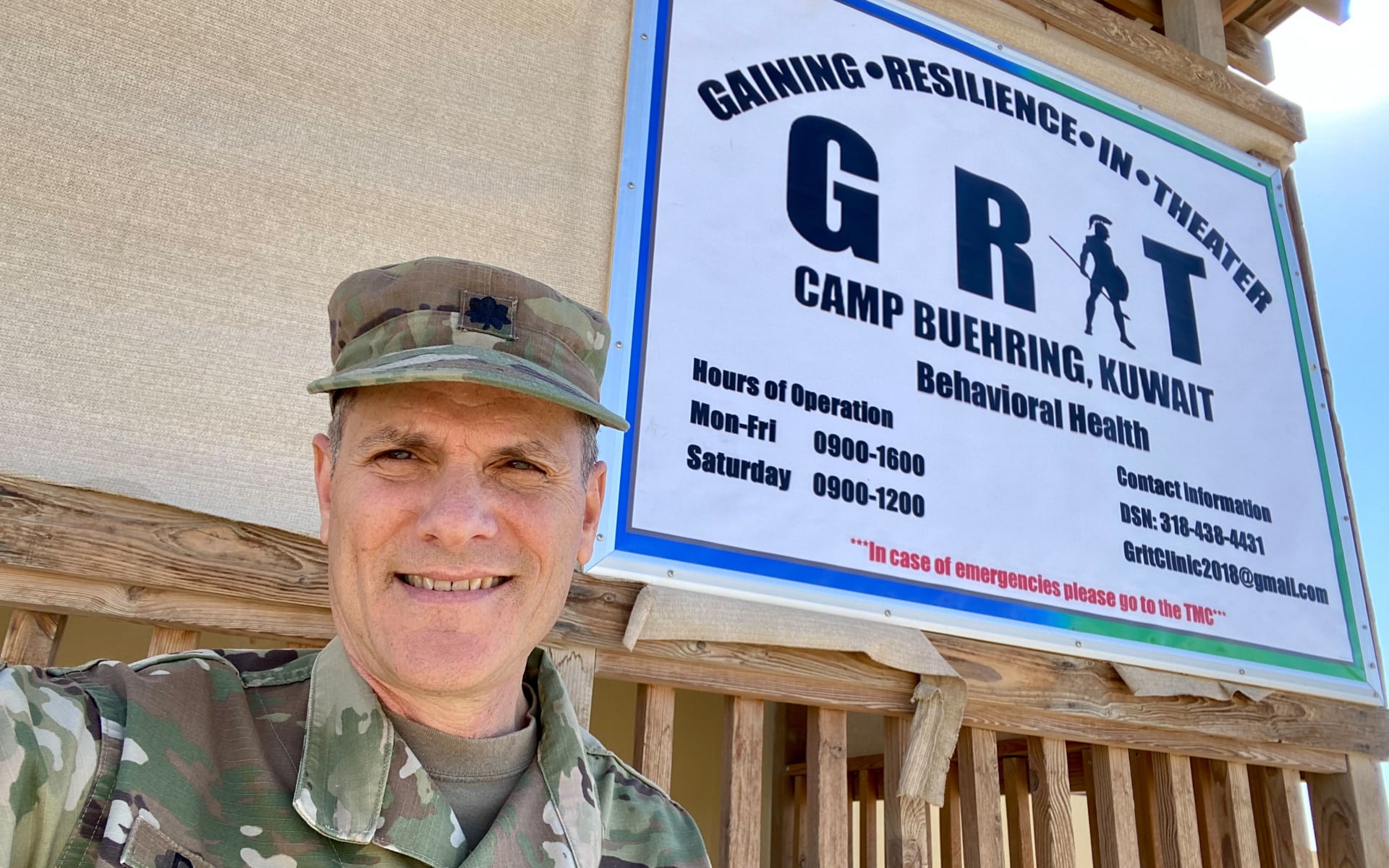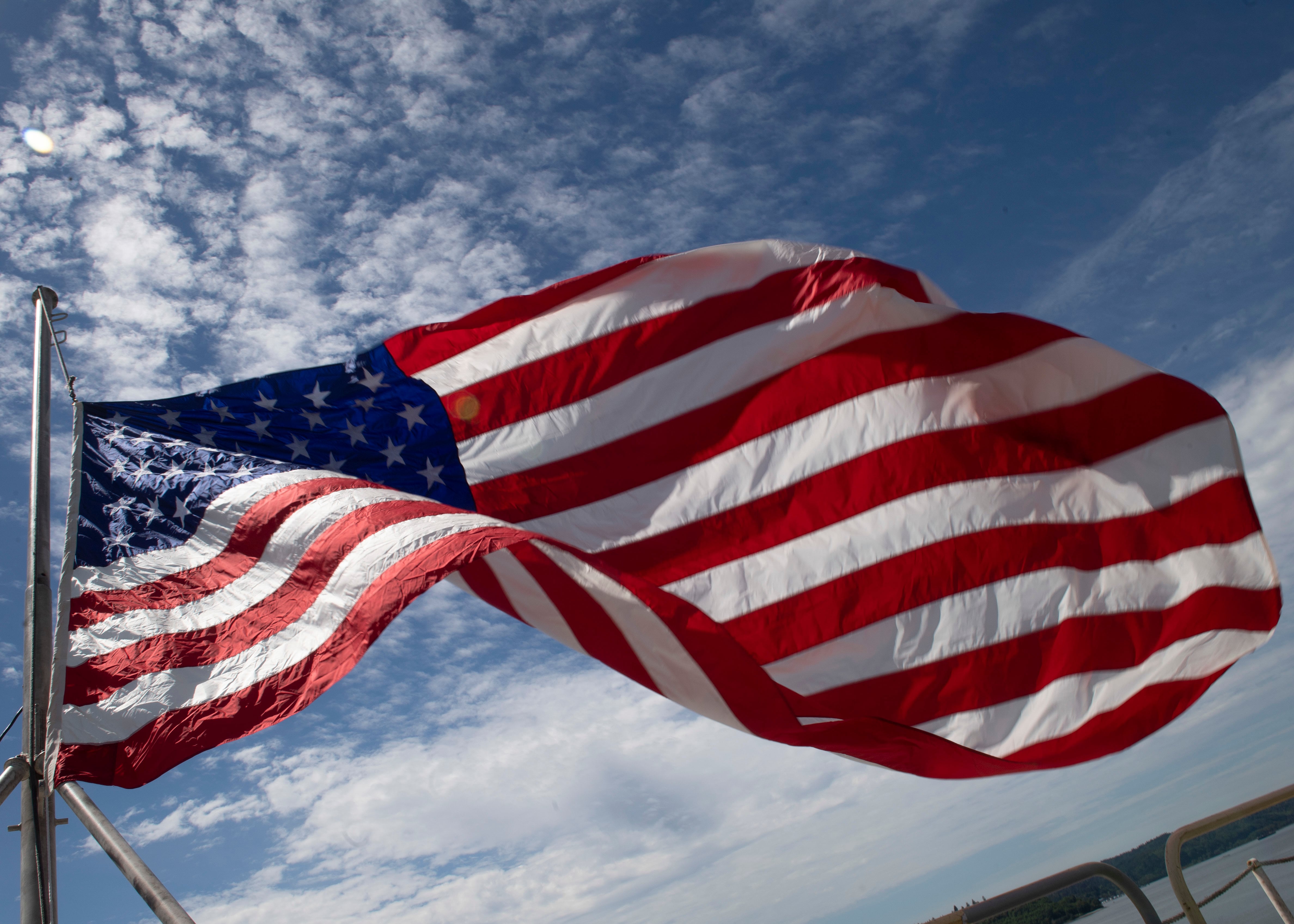In 1977, at the age of 14, I came out to my parents as gay. I was one of the lucky ones who didn’t get kicked out of the house or disowned.
Fast forward to 2018.
RELATED

After working as a physician with the Department of Veterans Affairs for 24 years, I raised my right hand and commissioned as an officer in the Army Reserves Medical Corps. I was 56 years old at basic training, easily twice the age of most of my peers.
Why would a 50-something, liberal-minded, out gay man living in San Francisco voluntarily throw himself into the historically hyper-machismo, homophobic, conservative world of the military, you may be asking?
As I write this, I am flying home over the Middle East with many of the men and women I served with for the past 100 days. My job was serving as the psychiatrist for an Army post 25 miles from the Iraq border in Kuwait, which houses over 5,000 mostly very young soldiers and Marines.

Being able to serve in this remote setting was one of the most profound experiences of my life.
For most of my life, LGBTQ people have been told we don’t belong in the military, that we would be a disruption to morale, or a security risk because of our supposed vulnerability to blackmail.
As you may know, after years of hard fought political battles by advocacy organizations such as Servicemembers Legal Defense Network and the Palm Center, in 2010 President Barack Obama threw out “Don’t Ask, Don’t Tell,” and outlawed discrimination against LGBTQ people in the military. Suddenly the message was I very much do belong.
At my commissioning ceremony, the officer conducting the event surprised my husband by calling him to the stage and presenting him with flowers and gifts, and said with a big smile on her face, “We welcome you to the Army family.”
RELATED

Although that welcome in San Francisco was very encouraging, I feared my basic training in Oklahoma and Texas and my deployment overseas might expose me to violent homophobia. Instead, to my great surprise, these past four years has been nothing but welcoming.
Service members know very well that fear can be an adaptive emotional response to a potentially dangerous situation. However, when fear dominates, it can also make our lives very small, boxing us in and limiting our potential to contribute and grow as individuals.
In Kuwait, I spoke with one young gay soldier who said he felt safer in the military than in civilian life because if someone harassed him in the military, there is real punishment and reprimand for the harasser.
It’s far from perfect, but the military culture has shifted because of mandates from the top and because people are more willing to come out and be seen as LGBTQ and as hard working, devoted service members. The courageous advocacy of leadership, families, and allies has made a huge impact on the world in our lifetime.
Granted, I have tremendous privilege as a white, cisgendered male officer. But my message to all of my military and civilian colleagues is to consider how fear can make your life small. I have found that the moments I face my fears are the moments I grow, the moments I most remember, and the moments more doors may open for everyone.
Dr. Robert Daroff is a psychiatrist at the San Francisco VA and faculty at the University of California San Francisco School of Medicine. He is a lieutenant colonel in the Army Reserves.
The views presented are those of the author and do not necessarily represent the views of the VA, University of California, or the DoD or its components.
Have an opinion?
This article is an Op-Ed and as such, the opinions expressed are those of the authors. If you would like to respond, or have an editorial of your own you would like to submit, please email Military Times Managing Editor Howard Altman.
Want more perspectives like this sent straight to you? Subscribe to get our Commentary & Opinion newsletter once a week.





